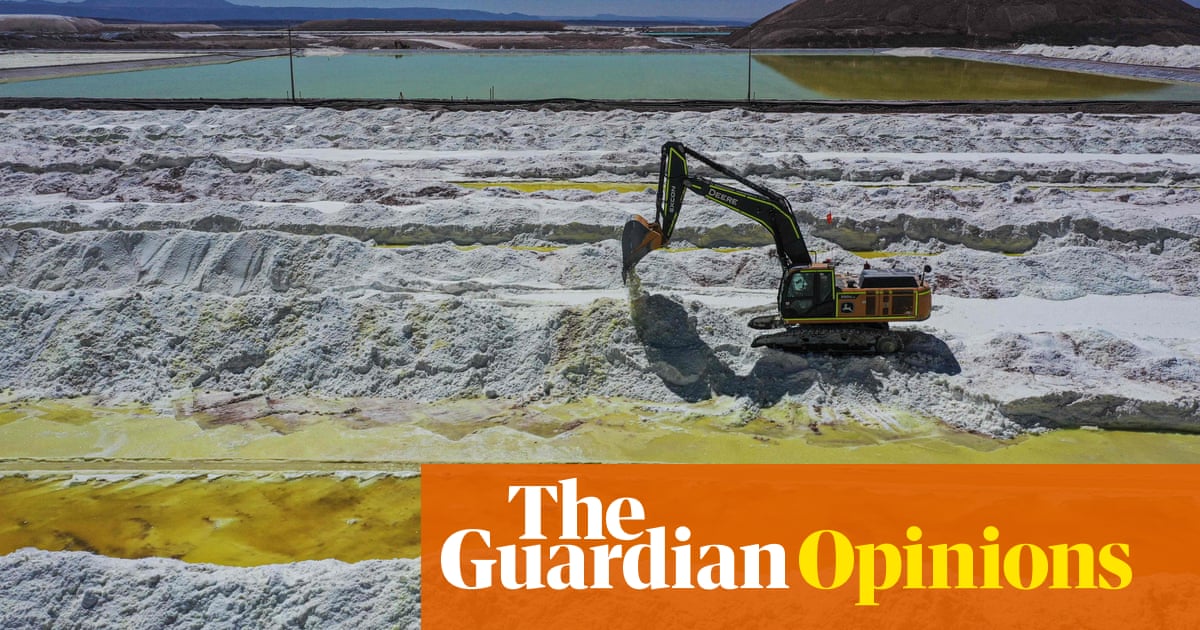- cross-posted to:
- technology@lemmy.ml
- cross-posted to:
- technology@lemmy.ml
Despite its name, the infrastructure used by the “cloud” accounts for more global greenhouse emissions than commercial flights. In 2018, for instance, the 5bn YouTube hits for the viral song Despacito used the same amount of energy it would take to heat 40,000 US homes annually.
Large language models such as ChatGPT are some of the most energy-guzzling technologies of all. Research suggests, for instance, that about 700,000 litres of water could have been used to cool the machines that trained ChatGPT-3 at Microsoft’s data facilities.
Additionally, as these companies aim to reduce their reliance on fossil fuels, they may opt to base their datacentres in regions with cheaper electricity, such as the southern US, potentially exacerbating water consumption issues in drier parts of the world.
Furthermore, while minerals such as lithium and cobalt are most commonly associated with batteries in the motor sector, they are also crucial for the batteries used in datacentres. The extraction process often involves significant water usage and can lead to pollution, undermining water security. The extraction of these minerals are also often linked to human rights violations and poor labour standards. Trying to achieve one climate goal of limiting our dependence on fossil fuels can compromise another goal, of ensuring everyone has a safe and accessible water supply.
Moreover, when significant energy resources are allocated to tech-related endeavours, it can lead to energy shortages for essential needs such as residential power supply. Recent data from the UK shows that the country’s outdated electricity network is holding back affordable housing projects.
In other words, policy needs to be designed not to pick sectors or technologies as “winners”, but to pick the willing by providing support that is conditional on companies moving in the right direction. Making disclosure of environmental practices and impacts a condition for government support could ensure greater transparency and accountability.



And the new material science discoceries etc should really help. Given that DeepMind used GNoME to find 2.2 million new crystals, including 380,000 stable materials. That’s kinda a big deal. That was November of last year. Haha people have no idea how much this could help us. We fucked up but the light is shining and we need to run fast. I’m pretty sure, short this miraculous pace of discovery and compound returns, we will/would end up in a runaway climate feedback loop. IPCC has been throwing out their best models because they don’t like the implications that it is going faster than expected and the climate sensitivity may be worse than expected.
People think AI is gonna cook us? The sun would like to make a bet.
The only way to beat time is via simulation. We do it all the time. Otherwise you couldn’t drive a car! You maybe “imagine” / “model” the environment / drivers, the physics, etc.
Without intelligence we are doomed because inaction. We had the technology but apathy and dental won, and now it’s a race against entropy/time.
Basically moonshot or die trying
Maybe you shouldn’t take everything Google says at face value. Have you seen their new AI Overviews?
You’re even directly quoting their press release and presenting it as a fact, but it’s debatable: https://www.404media.co/google-says-it-discovered-millions-of-new-materials-with-ai-human-researchers/